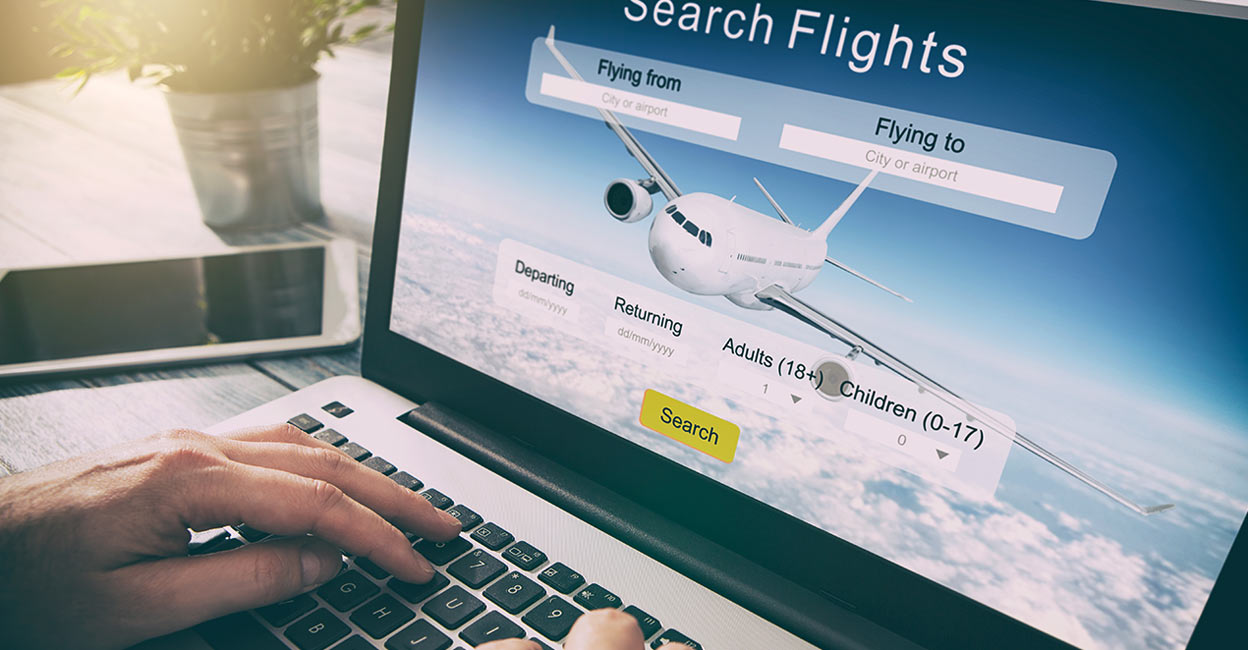
Simon Calder, known as The Man Who Pays His Way, has been a travel writer for The Independent since 1994. In his weekly column, he discusses significant travel topics and their implications for travelers.
Overbooking can be beneficial for airlines, the environment, and passengers, as long as it’s handled properly. For example, I once received $600 from Delta Airlines for agreeing to a later flight, which covered my entire transatlantic journey. But issues arise when overbooking isn’t managed well.
Airlines, excluding Ryanair, often sell more tickets than available seats, anticipating no-shows. Problems occur when everyone turns up. UK and EU laws mandate that airlines must first seek volunteers before forcing anyone off a flight, offering incentives like cash or upgrades until enough volunteers are found. The U.S. handles this well, but the UK less so.
There’s an informal hierarchy for involuntary offloads. Those arriving late at the gate, even by a minute, risk being offloaded first. Then, airlines avoid offloading specific passenger categories. Network carriers like Air France or Lufthansa prioritize long-haul connections over short flights. EasyJet, with its subsidiary easyJet Holidays, avoids disrupting package deal travelers. Frequent flyers are also less likely to be offloaded due to their value to the airline.
I strongly believe passengers with mobility or mental health issues, as well as families with children, should be prioritized. Unfortunately, I’ve witnessed cases where this hasn’t been followed.
The most common strategy is to offload those who checked in last, often those who didn’t pay for advance seat selection. There’s a perception that these passengers are less committed to their specific seats.
I hope this approach is wrong, as it seems arbitrary and thoughtless, potentially ruining plans for many. It appears airlines don’t always follow passenger rights rules. I believe the Civil Aviation Authority should ensure airlines compensate for issues they cause.






